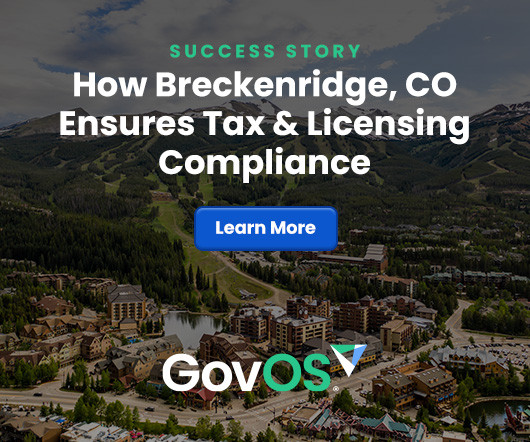FarmPlenty
Data.gov
FEBRUARY 18, 2016
FarmPlenty helps farmers better analyze U.S. Department of Agriculture (USDA) open data on crops grown within a five mile radius of their farms. Inspired by his conversations with farmers on the challenges faced in predicting crop yields and consumer demand, founder George Lee … Continued. The post FarmPlenty appeared first on Data.gov.















Let's personalize your content